MORE than 100 police officers are currently on workers’ compensation claims, with their union worried about the toll of frontline assaults and mental health battles among the force.
Police Association of Tasmania president, Inspector Colin Riley, said on average four police officers in Tasmania were assaulted while on the beat each week.
Of the total 105 officers on compensation, 62 were for physical injuries and the remainder were for mental health reasons.
Inspector Riley said at any given time, between one and three members were being treated in mental health facilities.
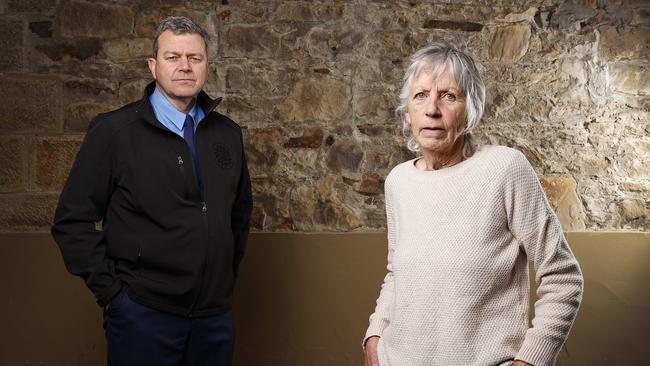
Retired Detective Senior Constable Robyn Button, who had a decorated career in the force spanning almost four decades, said she witnessed many colleagues suffer emotionally in that time, including her late husband who was also a police officer and endured post traumatic stress disorder.
“It’s not just a major issue for the serving officers but it impacts on their families as well,’’ she said.
“With PTSD you have mood swings, an ability to communicate and withdrawal from social activities.”
She said she loved her job but it was dangerous and marked by the ongoing threat of violence and unpredictability of people armed with weapons or under the influence of drugs.
Last month, a police officer suffered a stab wound to the hand when trying to break up an altercation between two women during a dramatic series of events in the Derwent Valley.
Inspector Riley referenced other examples of violence against police in the past year, including officers being bitten, deliberately driven at and in one instance, an officer on a motorbike being reversed into.
He said the incidents were “cold reminders” of the dangers of policing.
Dealing with bushfires, family violence reports and other dramatic scenes like road crashes also contributed to mental health issues.
“It’s a cumulative effect,’’ Inspector Riley said.
Tasmania Police said there was currently 105 open workers compensation claims, including 29 people who were off work, 35 who remained in the workplace with restrictions, and 42 who were doing normal duties.
Ambulance personnel are also suffering — with 54 paramedics currently away from their jobs on workers compensation.
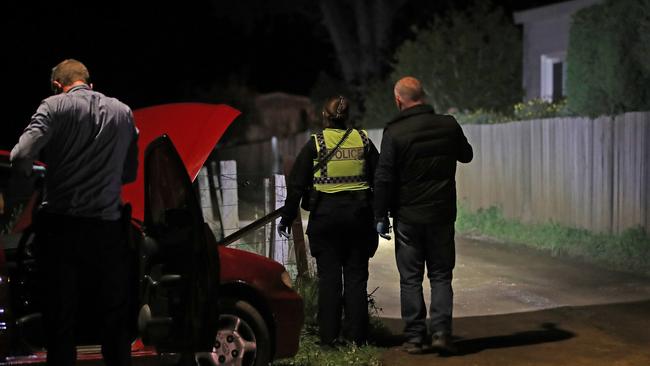
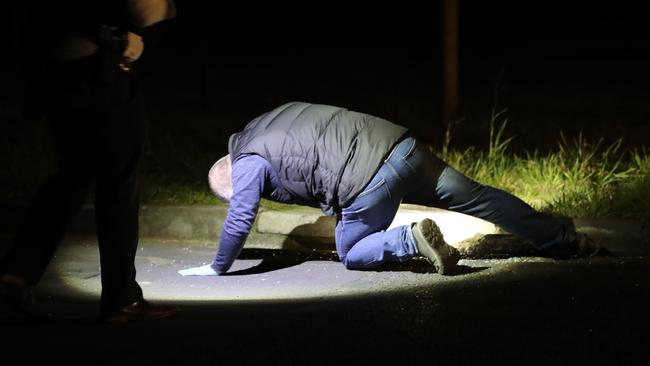
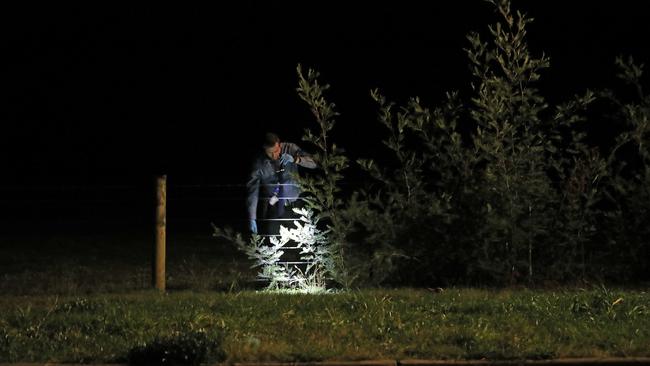
Tasmania Police Deputy Commissioner Scott Tilyard said any assault of a police officer was unacceptable.
He said 751 body-worn cameras had been deployed to frontline police, which had provided a boost to the safety of officers, the community and victims of crime.
Deputy Commissioner Tilyard said the force had a number of programs to support officers’ wellbeing, including a stress management program available 24 hours a day, seven days a week.
A fatigue management policy for police was also being developed, he said.
Inspector Riley said police were increasingly filling capacity for the “inadequacies” of other government agencies, including doing court security, COVID compliance checks, mental health call-outs and child safety.
“Our core business is traffic, public order, emergency management, and crime,’’ he said. “But we end up doing other stuff.”
Inspector Riley said the additional duties often resulted in overtime, which led to fatigue and impacted on officer wellbeing.
Lockdowns in Tasmania due to coronavirus reduced some of the police workload, but it was now mostly back to pre-COVID levels, he said.
Deputy Commissioner Tilyard said COVID-19 had presented an unprecedented situation, with a State of Emergency being declared in Tasmania for the first time.
He said under this arrangement, police had played a key role in keeping people safe during the pandemic by assisting in compliance activities to prevent the spread of the virus.
Safe staffing levels at 24-hour stations (implemented), a fatigue management policy, roster reform (both being worked on) and decentralisation of non-operational positions in the South to the North and North-West were key to reducing workers compensation and mental fatigue, Inspector Riley said.
The state government has committed to recruiting an additional 125 police officers by 2022.
PARAMEDICS ON THE BEAT
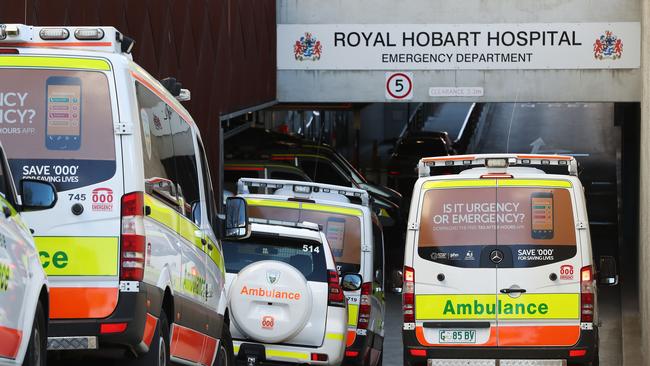
MANY paramedics currently on workers compensation will likely never return to their jobs, the union representing ambulance personnel fears.
Fifty-four members are away from their jobs for physical injuries or other reasons — equating to about 10 per cent of the Ambulance Tasmania workforce — Health and Community Services Union state secretary Tim Jacobson said.
Mr Jacobson said about half were for musculoskeletal injuries such as back, neck and shoulder ailments, but the remainder were for other reasons.
“In that group, there’s a significantly high proportion that are not likely to return,’’ he said.
“A significant component of that would be mental health related and we are aware of a number of cases.
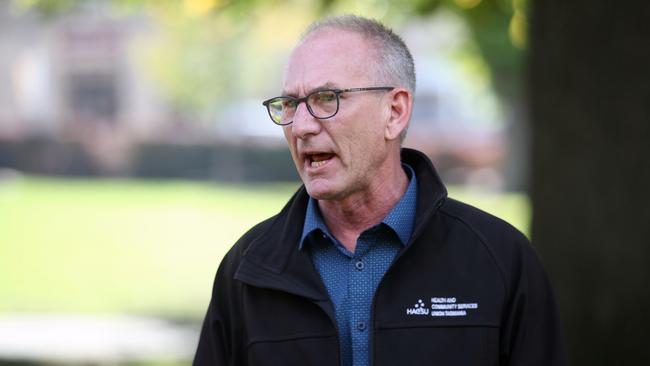
“The dangers and the risk factors associated with this job are proven in the facts, that ambulance paramedics are more likely to suffer a mental health or post traumatic stress injury as a direct result of their work.”
Mr Jacobson said this had a “massive flow-on effect” on the workforce and he worried the problem would get worse before it got better.
“Unfortunately there continues to be issues relating to abuse and they often don’t go reported because they are so frequent,’’ he said.
“It has become a part of the job, but again it’s one of the issues the government needs to address.
“While people might turn a blind eye to it and cope with it on their own, these things have a cumulative effect on the mental health of workers.”
cameron.whiteley@news.com.au

Add your comment to this story
To join the conversation, please log in. Don't have an account? Register
Join the conversation, you are commenting as Logout
Global success for unlikely Tassie painter
She’s been declared a “name you need to know in Australian art”, landing a major award, multiple exhibitions and a Paris residency. But Tassie’s Marion Abraham never expected to become a painter.
Cancer survivor’s wild new book odyssey
After being given a second chance at life, Tasmanian author and cancer survivor Andrew Darby decided to venture deep into the wilderness to write a book about Tassie’s ancient trees.